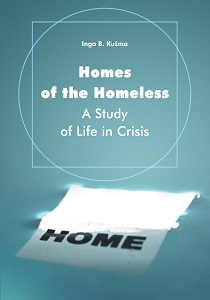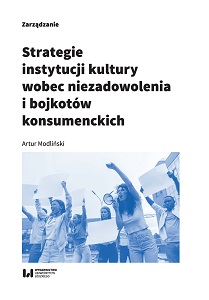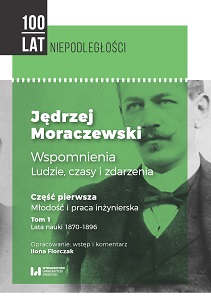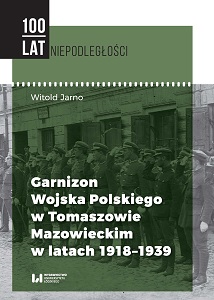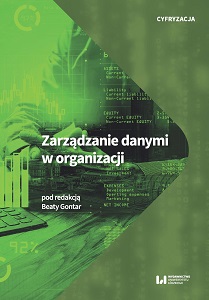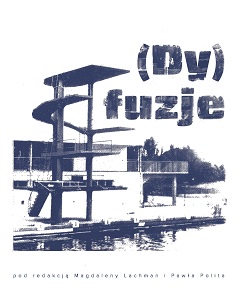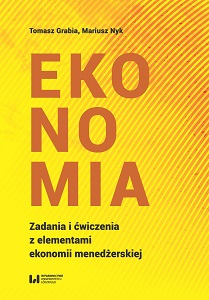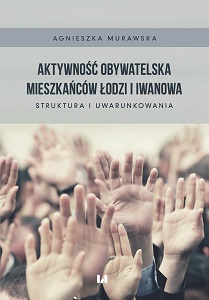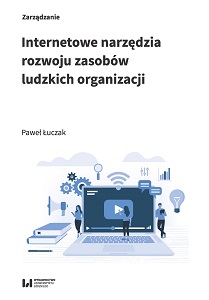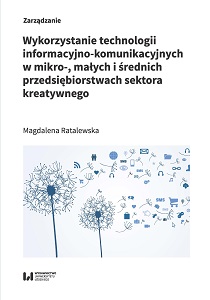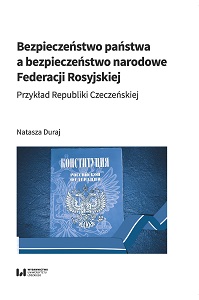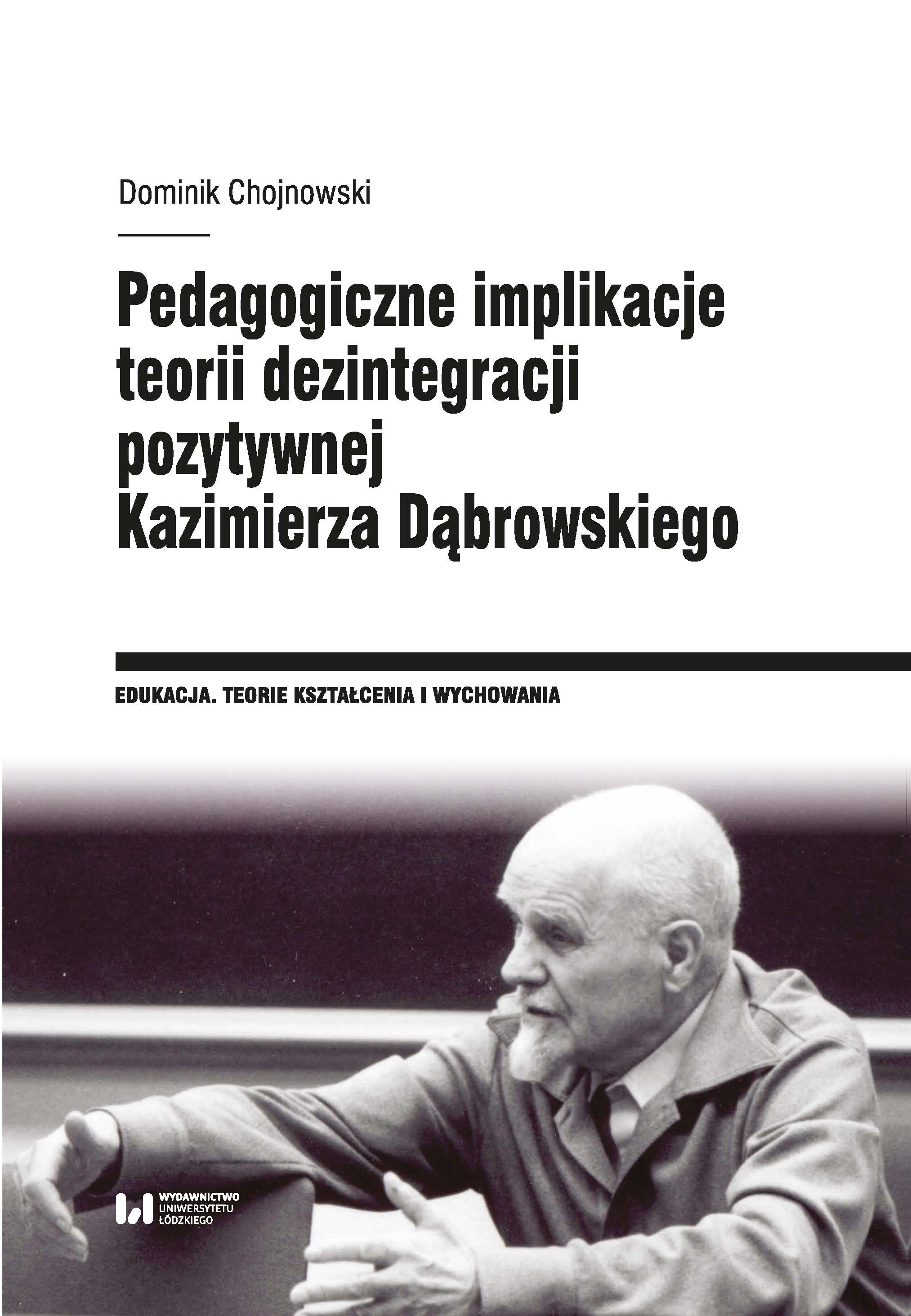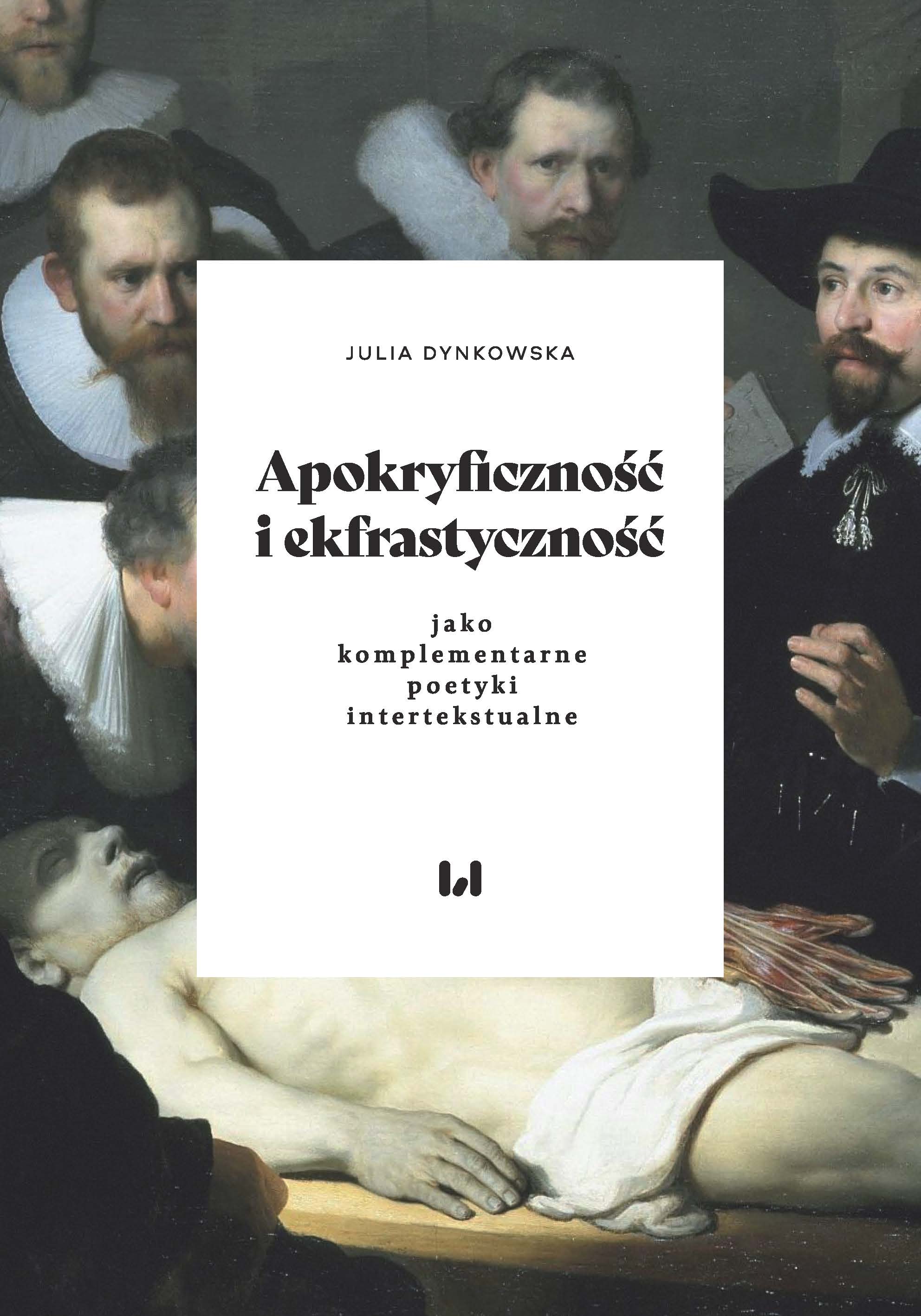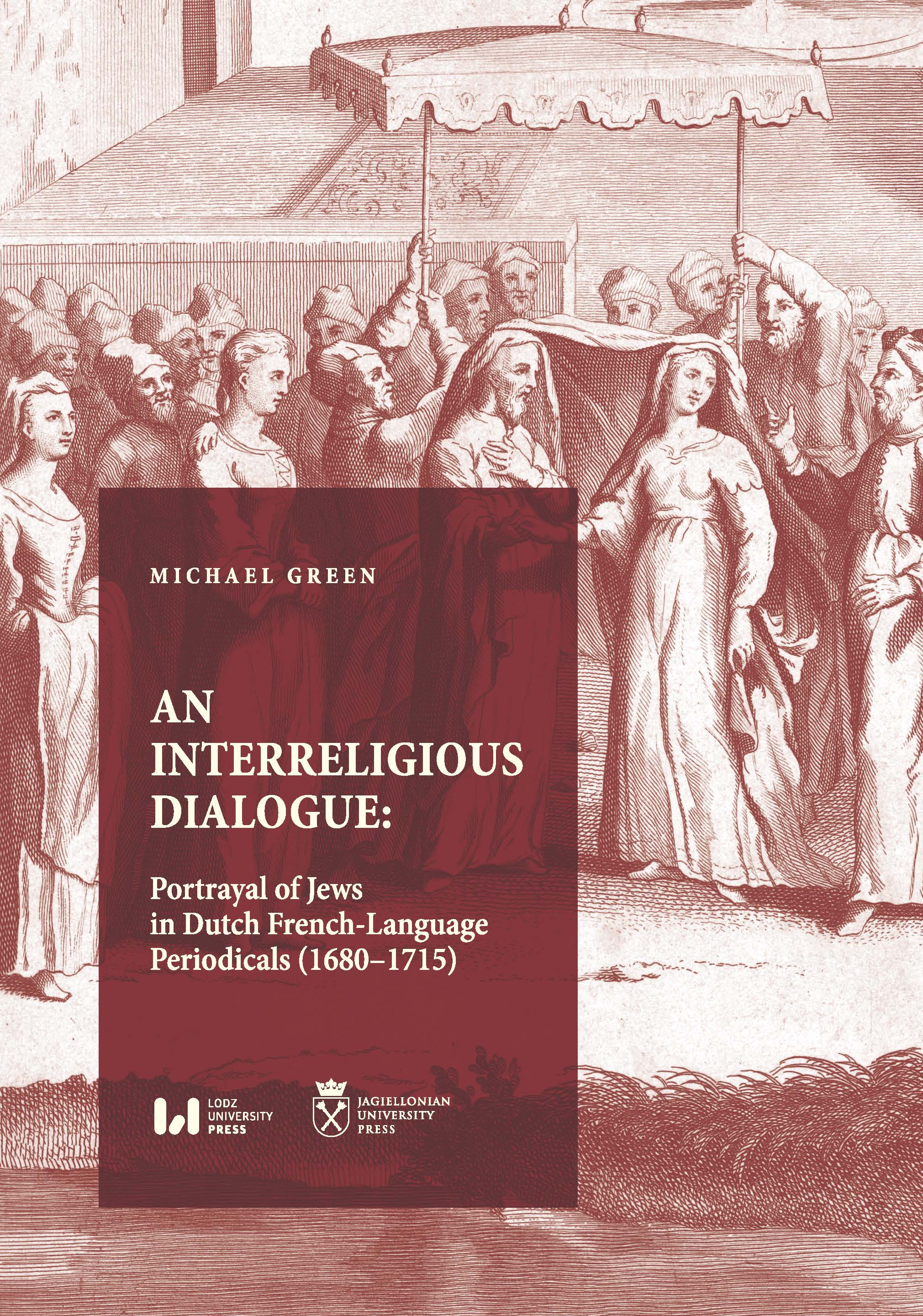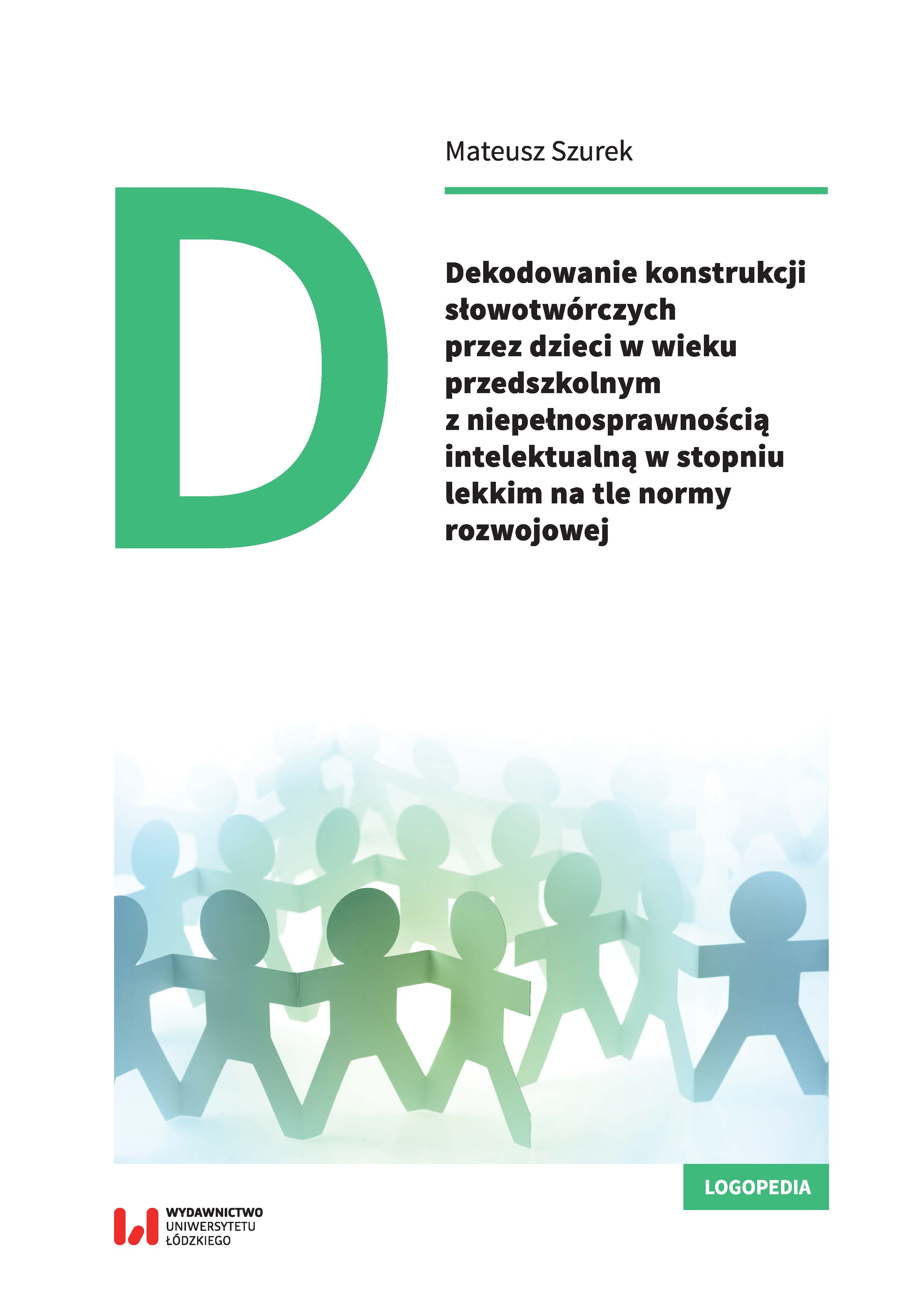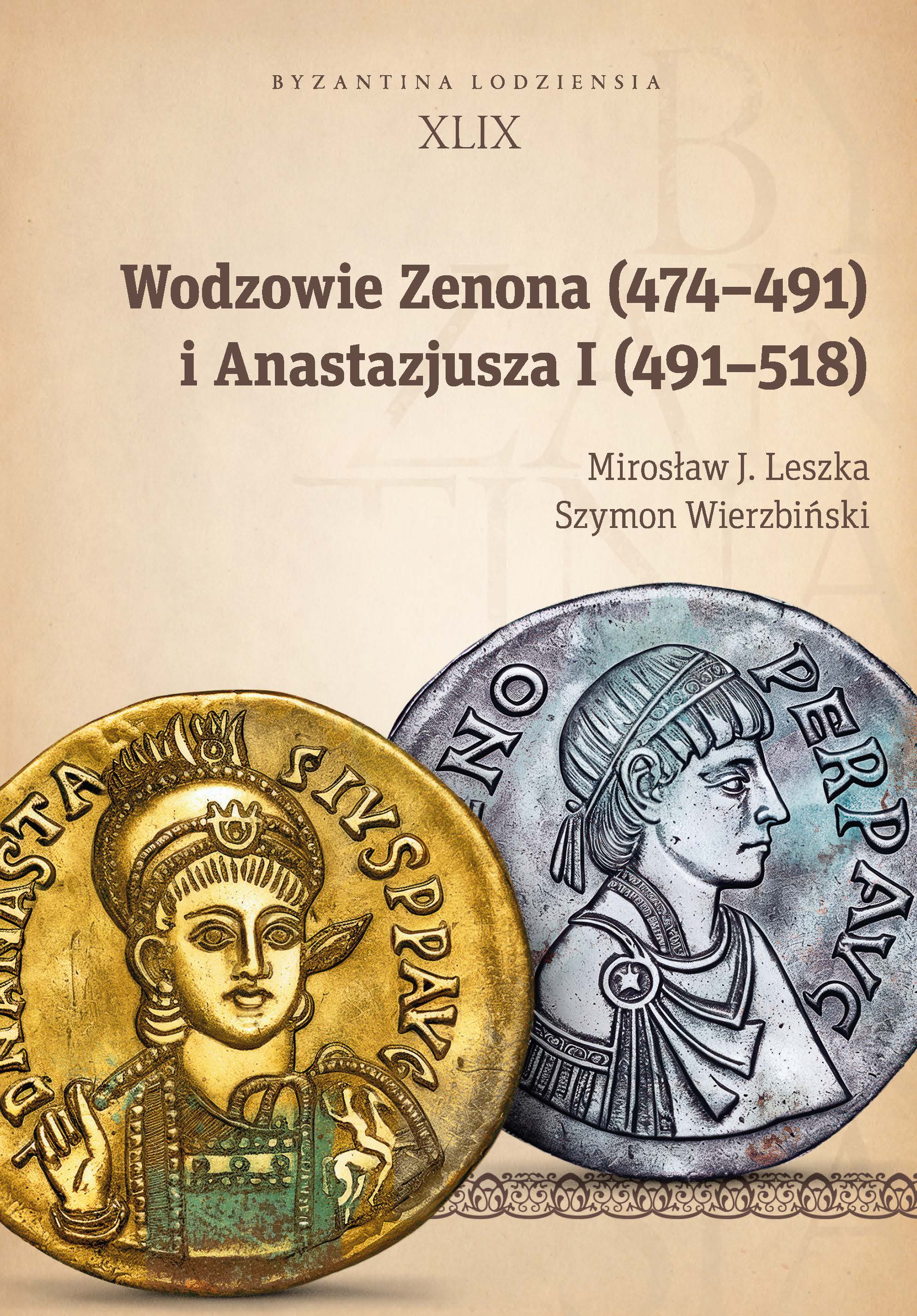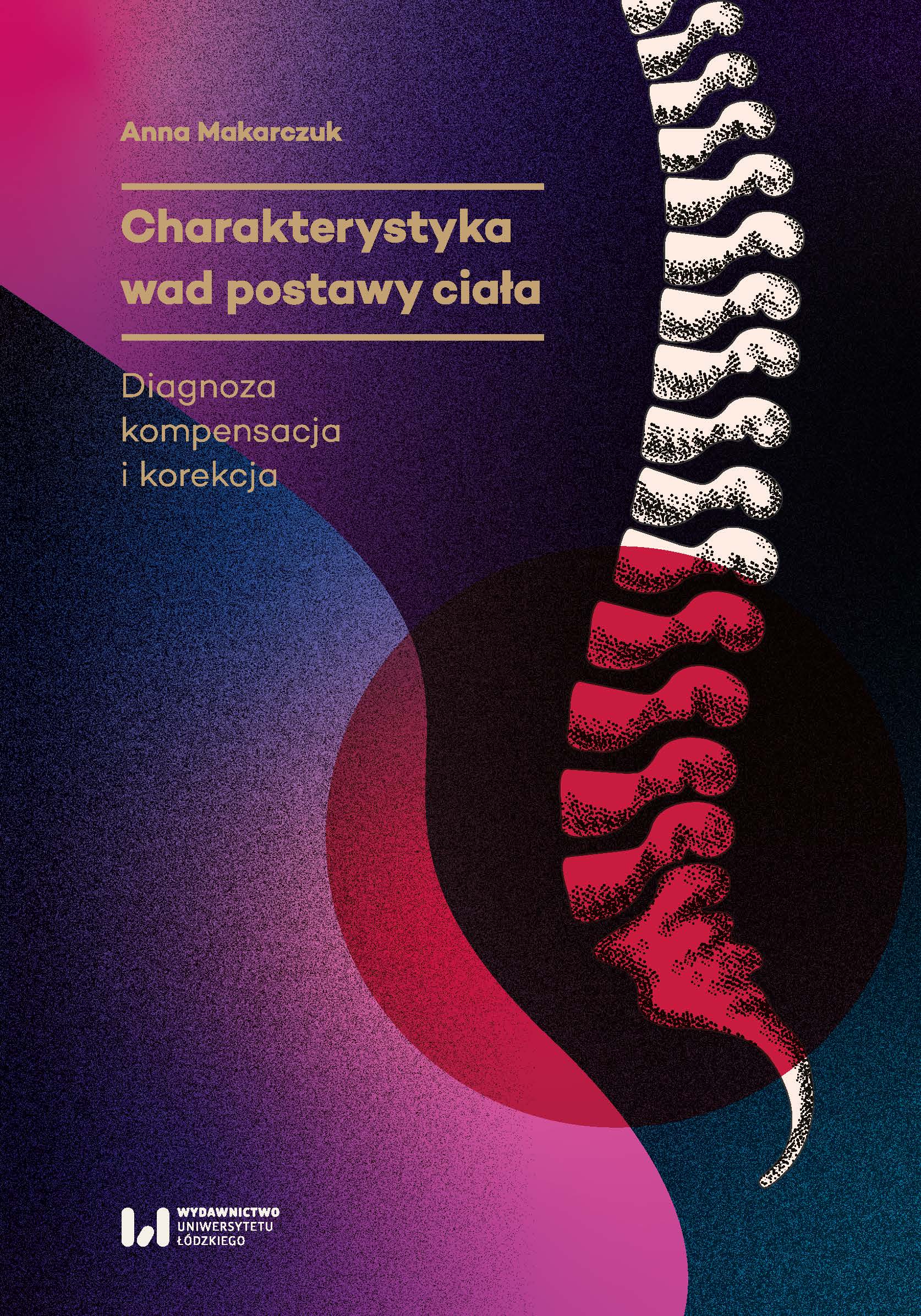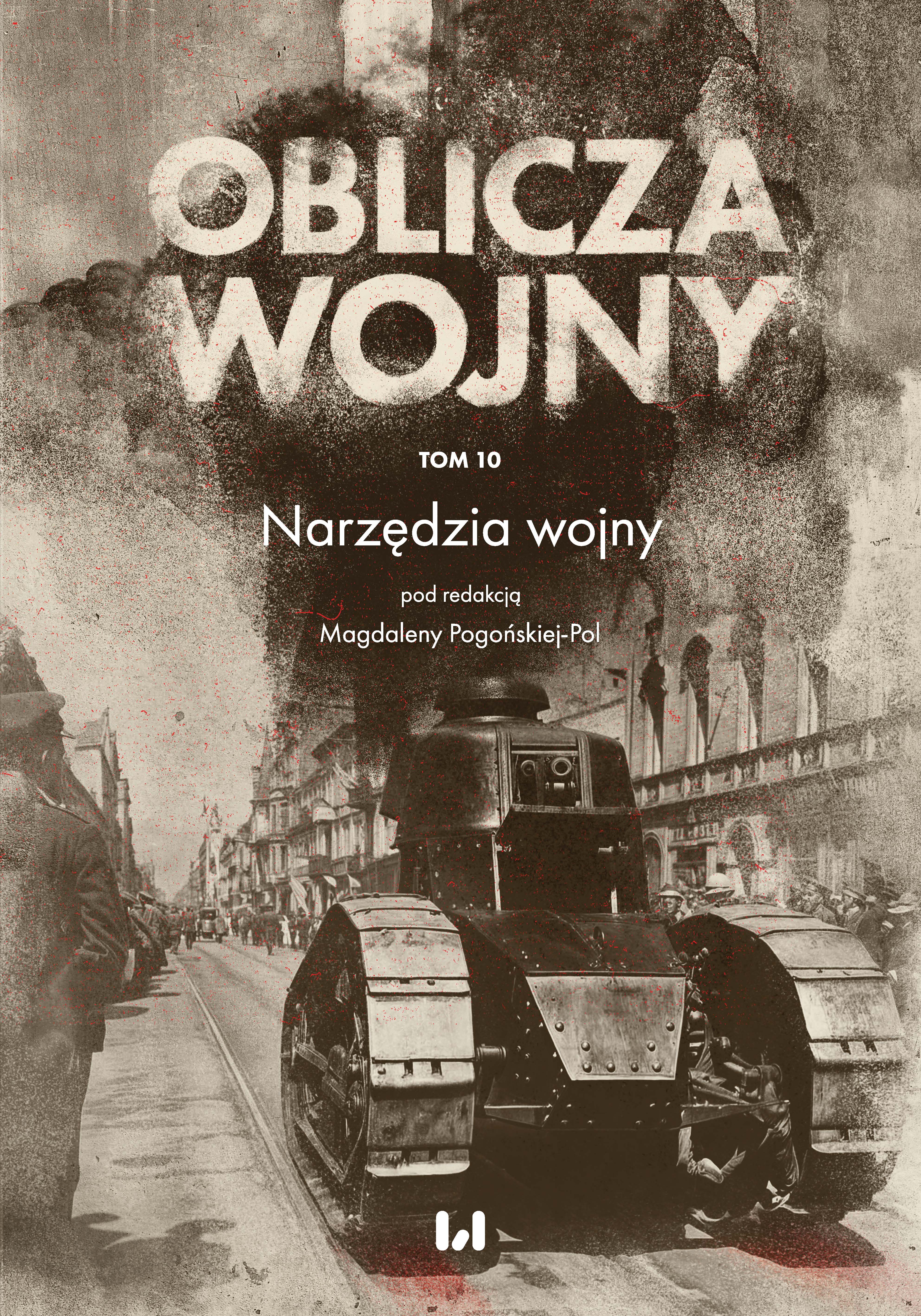(Dy)fuzje. Związki literatury i sztuki w Polsce po 1945 roku
Author(s): Tomasz Bocheński,Magdalena Lachman,Paweł Polit,Michalina Kmiecik,Daniel Muzyczuk,Andrzej Niewiadomski,Dariusz Pachocki,Agnieszka Rejniak-Majewska,Paweł Stangret,Justyna Staroń,Anna Śliwa,Beata Śniecikowska,Aleksander Wójtowicz,Tomasz Załuski / Language(s): Polish
Keywords: Literariness;visuality;avant-garde;utopia;visual arts
The publication is the result of a project implemented at the Łódź Museum of Art in cooperation with the University of Łódź Department of the 20th- and 21st-Century Literature. The case-study research focused on the phenomena that indicated artists' attachment to different variants of the avant-garde principle of the integration of arts. They also emphasized the convergence of artists' aspirations in Poland after 1945 in various sociopolitical, institutional and even social contexts.The book deals with alliances and analogies within visual arts and literature – both beyond their traditionally obeyed formulas, and within conventionally respected and honoured limits. The authors of the collected texts try to capture the reciprocity of artistic stimulation in the dissemination of specific ideas, and at the same time they are interested in positional and paradigmatic shifts in the perception of seemingly well-known issues; in other words, in everything that lies in the semantic potential of the title “(dif)fusion”.“This volume has a distinct innovative trait – both at the level of discovering and revealing new ideas (where phenomena subjected to little or no research are examined) and in the area of repetition (where discussion covers decently researched topics). [...] There is also, so to speak, a cognitive section in it. On the one hand, there are contributions to the work of very famous and well-known artists (Białoszewski, Brzozowski, Buczkowski, Czycz, Haupt, Kantor, Peiper, Strzemiński, Themerson), while on the other we receive competent texts devoted to artists and phenomena that are less popular or virtually unknown (Bruszewski, Dłużniewski, Kryszkowski, Partum or underground art magazines – artzines). Inevitably, these first contributions require engaging in a kind of agon with antecedent research, while the latter constitute an intellectual novelty somewhat in and of itself. This combination seems very refreshing for the message of the entire publication.”
From the review by dr hab. Piotr Łuszczykiewicz, prof. UAM
More...
